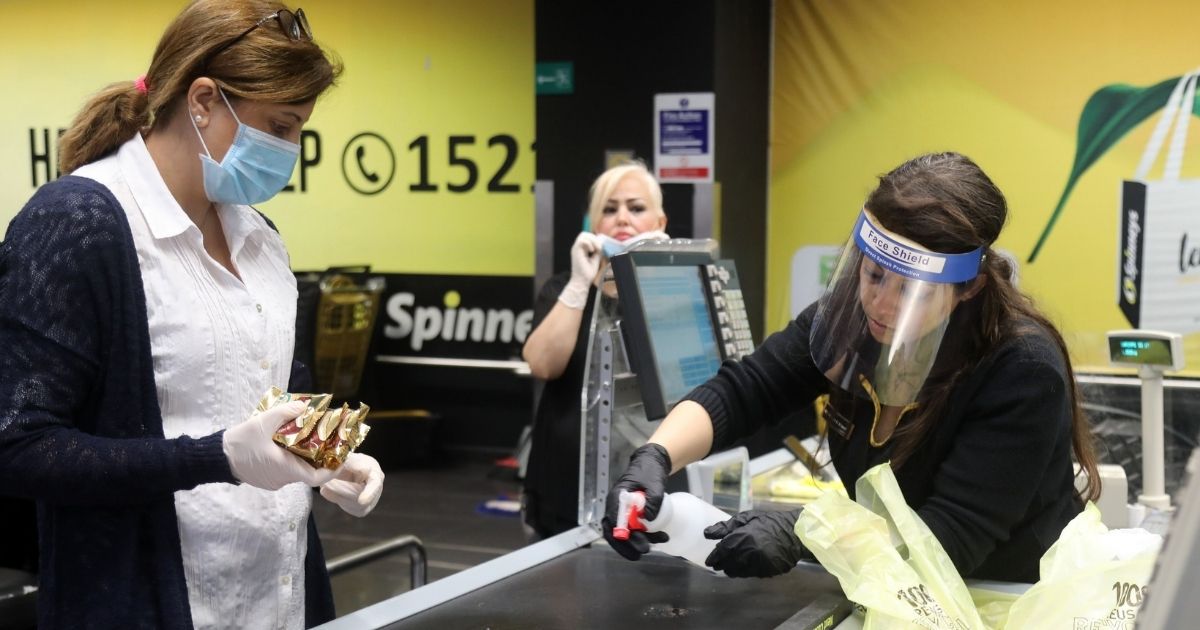In the upcoming months, local Lebanese supermarkets will look completely different for shoppers, as a lot is about to change in products, brands, and prices.
Considering Lebanon’s economic crisis has plunged tens and thousands of residents below the poverty line, the purchasing power of consumers decreased as well.
Hence, international brands have decided to re-strategize their operations in the crisis-ridden country, in order for customers to have a more practical experience shopping for necessities, according to a report by LBCI news.
For example, a one-kilogram bag of detergent will now be sold in the quantity of 800 grams, with a reduced price that fits the consumer’s capabilities, while the famous Nescafe instant coffee bag that consists of 30 packets will now only sell 15 packets for a lower price.
Lebanon‘s residents will also witness new international products in the market, while also maintaining the option of resuming to consume products they’re used too.
To clarify, your favorite instant coffee will remain in the market, but a cheaper alternative with almost the same quality will be introduced to the market. This way, residents who can no longer afford the pricy food item can now benefit from a cheaper and similar alternative.
While expensive items, such as Italian rice, will no longer be present in the market in big quantities, Egyptian and Chinese rice brands will take a larger part in the supermarkets, as they are cheaper in price and higher in demand.
According to LBCI, pricy items will only constitute 20% in every supermarket.
Most products in Lebanese supermarkets were imported from European brands and companies. Now, the country will tremendously decrease imports from Europe and will raise imports from Turkey, Egypt, and other countries that offer better prices.
Lebanese residents should rest assured, as Hani Bohsali, President of the Syndicate of Importers of Foodstuffs in Lebanon told LBCI, that the quality of the goods will not be affected.
Bohsali added that this shows the commitment of international brands to staying in Lebanon, as now shoppers will have the option to stick to their loved brands or try out a cheaper alternative.
That is similarly true for fashion and sports brands as noted with the recent announcement of Adidas and Reebok to reopen their stores across Lebanon.

















